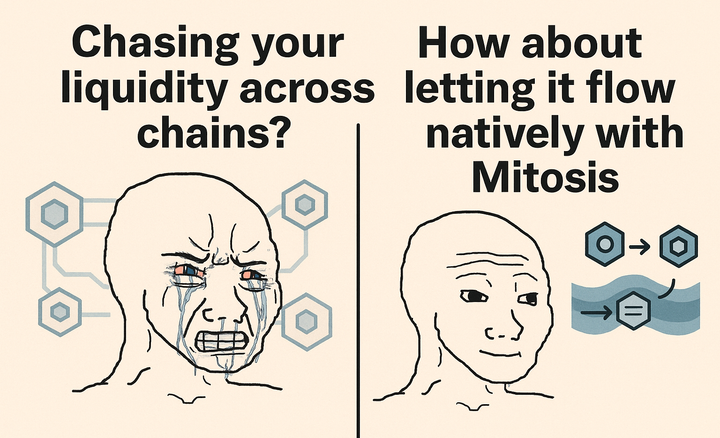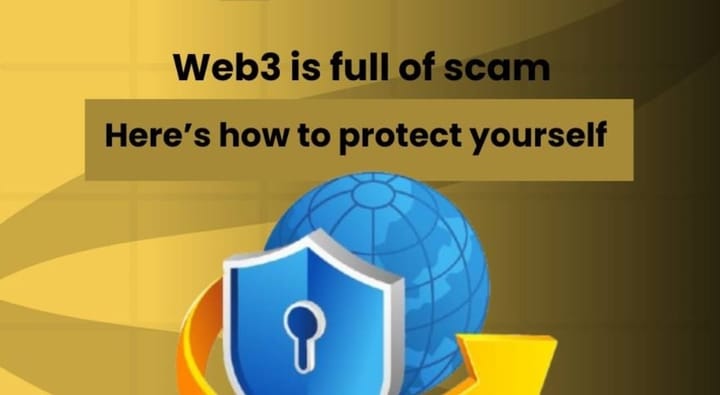Zero-Knowledge Proofs: Revolutionizing Privacy and Scalability in Blockchain for 2025
In the rapidly evolving world of blockchain technology, privacy and scalability remain critical challenges. Enter Zero-Knowledge Proofs (ZKPs), a cryptographic innovation that’s transforming how blockchains balance transparency with confidentiality. As we move through 2025, ZKPs are becoming a cornerstone of blockchain development, enabling secure, private transactions and scalable decentralized applications (dApps). This article explores the role of ZKPs in blockchain, their recent advancements, and their potential to shape the future of Web3.
What Are Zero-Knowledge Proofs?
Zero-Knowledge Proofs (ZKPs) are cryptographic protocols enabling a prover to validate a statement to a verifier without disclosing sensitive data, preserving privacy in decentralized Web3 ecosystems. Picture proving eligibility for a DeFi protocol without revealing your wallet’s private keys or seed phrase, a sequence of 12, 18, or 24 words that backs up and restores cryptocurrency wallets. ZKPs ensure trustless verification while maintaining on-chain anonymity. In Web3, where public ledgers expose transaction details via block explorers, searchable interfaces displaying real-time blockchain data like transactions and smart contracts—ZKPs empower secure, private interactions, shielding wallet balances and smart contract inputs.
Pioneered in the 1980s by Shafi Goldwasser, Silvio Micali, and Charles Rackoff, ZKPs have evolved from theoretical cryptography to core Web3 infrastructure. They exist in two forms: interactive, involving multi-step communication, and non-interactive, like zk-SNARKs (Succinct Non-Interactive Arguments of Knowledge), which enable efficient, single-message validation for blockchain scalability and privacy-focused dApps. These dApps often rely on gas tokens, native cryptocurrencies like ETH or MATIC, to pay transaction fees and compensate validators for network operations. Governance platforms like Snapshot, an off-chain voting system for DAOs, further integrate ZKPs to ensure gasless, transparent decision-making based on token balance snapshots.
Why ZKPs Matter for Blockchain in 2025
Blockchains are inherently transparent, with public ledgers exposing transaction details to all network participants. While this ensures trust, it raises privacy concerns for users and businesses handling sensitive data, such as financial records or personal identities. ZKPs address this by enabling private transactions and identity verification without compromising blockchain’s core principles of decentralization and security. They also enhance scalability by reducing the computational load of verifying transactions.
In 2025, ZKPs are driving innovation across several blockchain use cases:
- Privacy-Preserving Transactions
Cryptocurrencies like Zcash and Horizen leverage zk-SNARKs to enable private transactions, shielding sender, receiver, and amount details while maintaining verifiability. For example, Zcash uses ZKPs to ensure transaction confidentiality, a model that’s gaining traction as privacy becomes a priority. - Scalable Layer-2 Solutions
ZKPs power layer-2 solutions like zk-rollups, which bundle thousands of transactions into a single proof, reducing on-chain computation. Projects like StarkNet and Immutable X use zk-STARKs (Scalable Transparent Arguments of Knowledge) to process high-volume transactions, such as NFT trades, with low fees and Ethereum’s security. Immutable X, for instance, has facilitated millions of NFT mints with minimal costs. - Decentralized Identity (DeID)
ZKPs enable secure identity sharing without exposing personal details. Platforms like Dock and Mina Protocol use ZKPs to verify credentials, like a digital driver’s license, while keeping sensitive data private. This is crucial for applications like hiring or financial services, where compliance requires proof without oversharing. - Smart Contract Privacy
ZKPs enhance smart contracts by hiding sensitive inputs while ensuring correct execution. For example, Mina Protocol’s zkApps allow off-chain computation with on-chain verification, enabling private agreements in industries like finance and healthcare. - Compliance and Auditing
Businesses can use ZKPs to prove regulatory compliance without disclosing proprietary data. For instance, ING Bank uses ZKPs to verify mortgage applicants’ financial status without revealing exact account balances, streamlining processes while adhering to data privacy laws.
Recent Developments in ZKPs for 2025
The ZKP landscape is advancing rapidly, with 2025 marking significant milestones:
zk-STARKs and Scalability: Unlike zk-SNARKs, zk-STARKs eliminate the need for a trusted setup, reducing security risks. StarkWare’s Cairo programming language and platforms like StarkNet are enabling developers to build scalable dApps with enhanced privacy. StarkEx, used by dYdX and Sorare, has processed billions in trading volume, showcasing ZKPs’ real-world impact.
- Sui’s Zero-Knowledge Authenticator (zkAt): Recent posts on X highlight Sui’s zkAt, a blockchain primitive designed to outscale solutions like zkLogin and Lightning Network. By hiding authentication details, zkAt enhances user privacy and transaction efficiency, signaling a trend toward ZKP-driven authentication in Web3.
- NIST Standardization Efforts: The National Institute of Standards and Technology (NIST) is pushing to standardize ZKPs in 2025, fostering interoperability across blockchain platforms. This could accelerate enterprise adoption by establishing uniform protocols, addressing current compatibility challenges.
- Mina Protocol’s zkApps: Mina’s lightweight blockchain (just 22KB) uses zk-SNARKs for all state transitions, enabling private, scalable smart contracts. Recent node performance updates and zkApp advancements are making it easier for developers to build privacy-focused dApps.
- Marlin’s Off-Chain Computations: Marlin’s protocol combines ZKPs with Trusted Execution Environments (TEEs) to offload complex computations, verified on-chain with minimal resources. This supports high-speed data processing for dApps in gaming and DeFi.
Challenges and Limitations
Despite their promise, ZKPs face hurdles:
- Complexity: ZKPs are mathematically intricate, making implementation challenging for developers. Errors in execution can introduce vulnerabilities.
- Computational Overhead: Generating and verifying ZKPs requires significant resources, potentially slowing transaction processing. Specialized hardware can increase costs.
- Interoperability: Lack of uniform standards hinders ZKP integration across blockchains. NIST’s 2025 standardization efforts aim to address this.
- Adoption Barriers: The sophisticated nature of ZKPs can deter developers unfamiliar with the technology, slowing mainstream adoption.
The Future of ZKPs in Blockchain
Looking ahead, ZKPs are poised to redefine blockchain’s potential. As privacy regulations like GDPR tighten, ZKPs will be critical for compliance in decentralized systems. Their role in scalability—via zk-rollups and off-chain computations, will support mass adoption of Web3 applications, from gaming to finance. Projects like StarkNet and Mina are already paving the way, while Sui’s zkAt hints at broader authentication innovations.
Moreover, ZKPs could extend beyond blockchain to areas like secure voting, healthcare data sharing, and AI model verification, where privacy and trust are paramount. As NIST’s standardization progresses and developer tools improve, ZKPs will become more accessible, driving innovation across industries.
Conclusion
Zero-Knowledge Proofs are no longer a theoretical curiosity but a practical tool reshaping blockchain in 2025. By enabling privacy-preserving transactions, scalable layer-2 solutions, and secure identity systems, ZKPs address blockchain’s core challenges while unlocking new possibilities. However, overcoming complexity and interoperability issues will be key to their widespread adoption. As projects like StarkNet, Mina, and Sui push the boundaries, ZKPs are set to create a more private, efficient, and inclusive decentralized future. Stay informed and explore platforms like CoinMarketCap to track ZKP-driven projects and their impact on the crypto landscape.



Comments ()